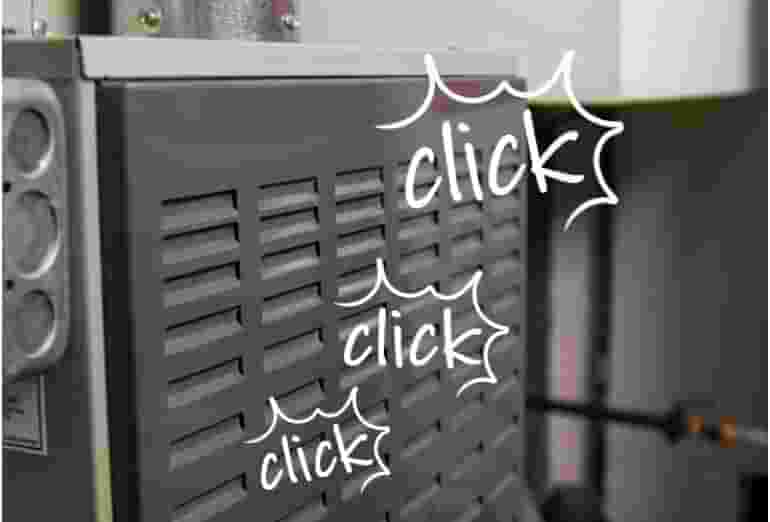Why Is A Dehumidifier System Necessary?
A dehumidifier system can improve your air quality, health, save you money, and enhance the comfort level of your space. When air is clean and free of allergens, it’s easier to breathe. A high humidity environment feeds mold spores and invites stale, musty odors to develop. Breathing in mold spores can be detrimental to your health, even for healthy adults and children. A dehumidifier removes excess moisture from the air and makes it safer and cleaner.
Excessive moisture isn’t just bad for your health — it can also damage your property. Consistent dampness can cause rot that damages wooden structures and jeopardizes the integrity of your home or commercial space. Humidity and moisture can also cause floors to buckle or sag. Dehumidifiers can help protect the interior of your home, your electronics, furniture, and textiles.
Using a dehumidifier to eliminate excess moisture from the air will make your home feel cooler in the summer months. This allows you to set the thermostat a few degrees higher, which can help you save money on your energy bills. Drier air also tends to be easier for HVAC units to process, meaning they don’t need to run as often.
When to Use a Dehumidifier
Most homes don’t need to run a dehumidifier year-round. Typically, a dehumidifier is used primarily during warm, rainy weather and humid summer months.
If any part of your home has a humidity reading over 50%, we recommend installing a dehumidifier. Your local Aire Serv professional can take a humidity and other readings throughout your home to determine the air quality in your home.
Here are some signs that it might be time to invest in a dehumidifier:
- Mold and mildew growth on walls, ceilings, or other surfaces.
- A musty smell throughout or in specific areas of the home.
- Condensation on the interior side of windows.
- Warping wood floors or furniture.
- Rotting wood on window sills and/or baseboards.
- Water stains on ceilings and walls.
- Insect infestation inside the home.
- ‘Stuffy’ or ‘clammy’ feeling in some rooms.
- Increase of allergy symptoms, colds, and sickness.
Trouble Spots: Humid Basements, Bathrooms
Basements are known for being humid and damp. Leaking groundwater, humid air, and improperly vented appliances, and poor insulation are frequent culprits. A permanent basement dehumidifier is an excellent solution because it can help protect your basement from developing mold, mildew, and harboring pests and insects.
Your bathroom is likely the most humid room in your house—and for a good reason. Hot baths and steamy showers create humidity. While a whole-home dehumidifier will help reduce the overall humidity of the bathroom, it’s important to properly vent each bathroom in your home with a fan that draws moist air outside. A vent fan will help protect your bathroom and attic from developing mold and mildew.
Choose Aire Serv for All Your Dehumidifier Needs
When it comes to whole-house dehumidifier installation, Aire Serv can deliver the results you need on a timeline that works for your busy lifestyle. We’re available when you need us most. Need emergency HVAC service? Our 24/7 service doesn’t mean you pay expensive overtime charges. We offer the same affordable rates day or night, holidays or weekends.
Our ‘Done Right Promise’ is just one of the things that sets us apart from other HVAC service providers. When it comes to HVAC service, including dehumidifier installation, we do the job right the first time, guaranteed! We promise to get it right on our first visit, or the appointment is free.
To learn more about professional home dehumidifier repair or installation, call Aire Serv today, or schedule an appointment online today.
Frequently Asked Questions
Do I need a whole-home dehumidifier or a portable dehumidifier?
Choosing the right dehumidifier for your home is important to maintaining good air quality. If you choose a portable dehumidifier that’s too small, the basin will fill quickly, requiring you to empty it frequently. Choose a portable dehumidifier that’s too big, will waste energy and may be too noisy.
It’s also important to choose carefully between investing in multiple portable dehumidifiers or a single whole-home dehumidifier to address your humidity issue. Whole-house dehumidifiers are ideal for homes in humid climates, and homeowners who want a “set it and forget it” system.
If you live in a relatively dry climate where a dehumidifier is only necessary a couple of times a year, a whole-home dehumidifier may be unnecessary.
Do whole-house dehumidifiers use a lot of electricity?
Dehumidifiers use less energy than you might expect. A small 30-pint dehumidifier uses about 300W of energy, while a large 70-pint version uses about 700W of energy. These systems draw much less electricity than your average hair dryer. In fact, the majority of the energy used by dehumidifiers goes to compressing refrigerant gas. If you are concerned about energy use, you can opt to install a more energy-efficient option.
What size dehumidifier do I need?
Choosing the right size dehumidifier depends on the size of the space and relative humidity within the area. Dehumidifier units are typically measured in the pints of water pulled from the air daily. Portable dehumidifiers come in a wide range of sizes and are smaller than whole-home dehumidifiers that are designed to accommodate an entire property.
We use a hygrometer to take humidity readings. This reading, along with the square footage of your home, will help us determine what size, make and model humidifier is best for your needs.
 Click to call
Click to call


